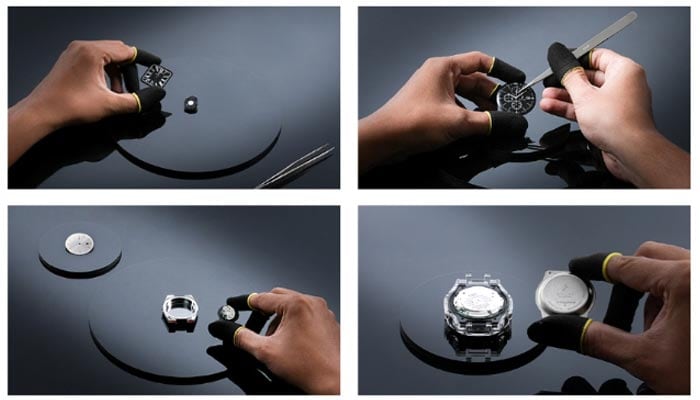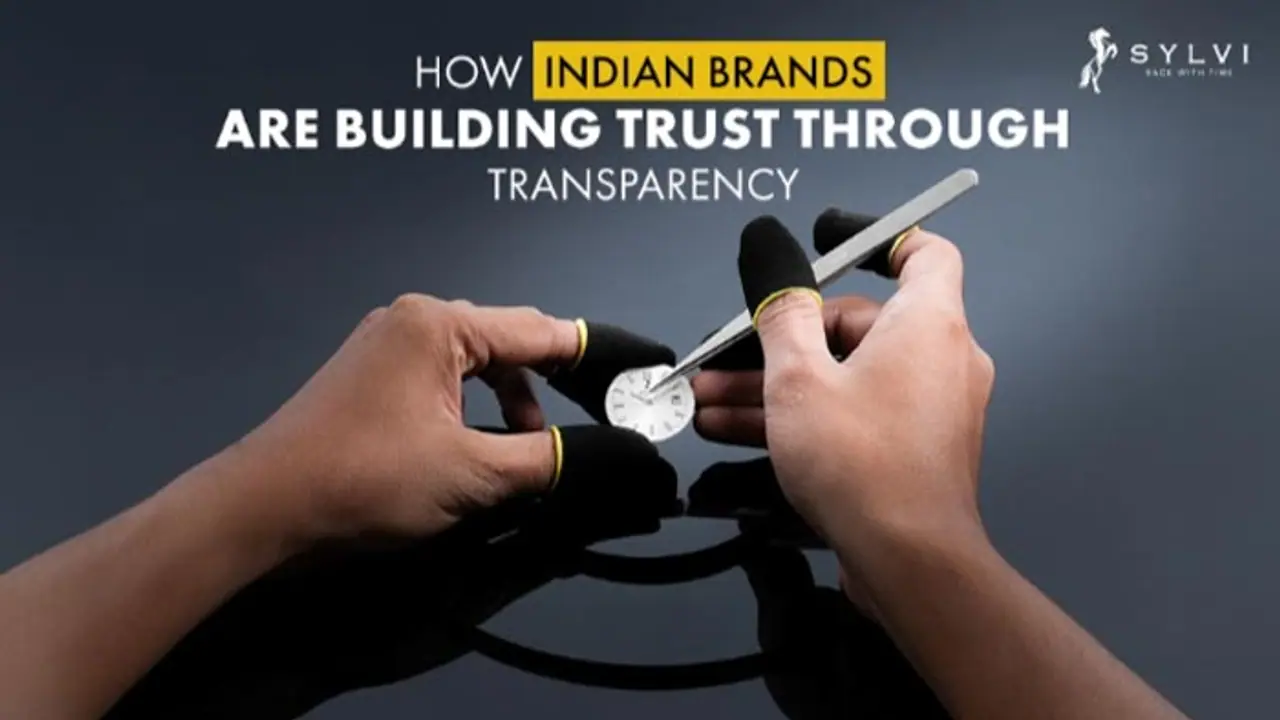The lines between buyer and brand are blurring in India's evolving consumer market. And while this isn’t entirely new in tech or service sectors, the lifestyle industry, especially watchmaking been slower to adapt.

Sylvi, a Surat-based indian watch brand founded in 2015, is nudging that change forward. Without flashy campaigns or grand declarations, it has quietly embedded feedback into its design culture—not as a post-sale afterthought, but as a foundational layer in how it evolves as a brand.

From Product-First to People-First
Luxury has traditionally been defined by design pedigree and price. But there’s a growing appetite for products that aren’t just built well, but built with awareness of the buyer’s preferences, routines, and even criticisms.
Sylvi’s recent efforts suggest that listening genuinely and structurally can be a form of craftsmanship, too. Their prototype testing cycles, open comment loops on digital platforms, and evolving product lines signal that the brand isn’t interested in dictating taste but reflecting it.
Rather than releasing finished models behind closed R&D doors, Sylvi iterates. It invites organic wear, real-life use, and then applies what it learns. In an industry that typically holds back change for annual “new launches,” this approach feels refreshingly agile—and deeply personal.
A Community-Based Ethic
While the industry still leans on celebrity ambassadors and curated campaigns, Sylvi is betting on a different form of influence: internal culture and loyal customers.
This shift goes beyond product mechanics. In practice, it’s about showing customers that their voice doesn’t just matter—it’s already visible in what gets released next.
Whether it's through comfort-driven design tweaks or releasing dial styles that speak to modern Indian aesthetics, Sylvi’s watch collection is increasingly a mirror of the people who wear it. That kind of community-based development often fosters not just loyalty, but advocacy.
Why This Approach Matters Now
In an era where consumer trust is both harder to earn and easier to lose, brands like Sylvi may be modeling a sustainable path forward—one that values imperfection, iteration, and involvement over polish and finality.
More broadly, this signals a cultural shift in Indian manufacturing: away from rigid perfectionism and toward transparent, responsive craftsmanship.
This isn’t to say Sylvi is the only indian watch brand listening—but it might be one of the few integrating that listening into its design DNA.
Looking Forward
As Indian consumers grow more discerning, they’re also becoming more expressive, offering insights that go beyond basic reviews. The brands that treat those insights as raw materials, not noise, will likely be the ones that endure.
In the world of horology, time is the ultimate test. But in Sylvi’s case, it’s also the medium of trust, measured not just in minutes and hours, but in conversation.


